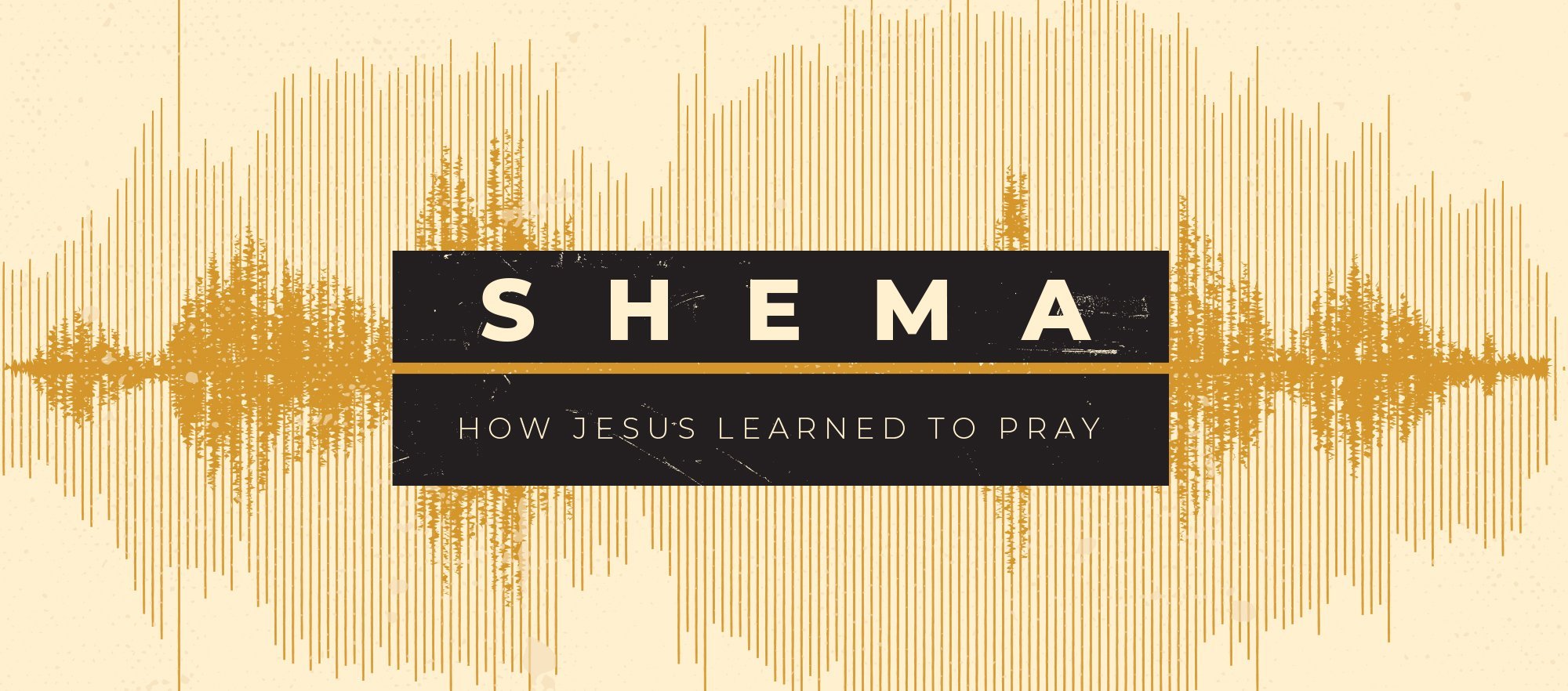Worthy of Our Love
When asked which of the commandments found in God’s Law is the greatest, Jesus responds with a simple prayer—a child’s prayer—that every Israelite would know:
Hear, O Israel:
The Lord is our God, the Lord is one.
Love the Lord your God with all your heart and with all your soul and with all your strength.
Deuteronomy 6:4–5
This prayer—named for its first word, “Shema!” (Listen!)—was given by Moses to the people of God as they left their former slavery in Egypt. It was intended to keep this truth constantly in mind: that God is the only god worthy of our love.
While the words are simple to recite, they are much harder to understand, let alone live. After all, consider how we use the word, “love.” We can love our children and also love charcuterie, and not mean the same thing by it at all. So what is the Shema calling us to do? A closer look at each word can give us a glimpse.
“Love the Lord your God…”
1 John 4:19 tells us that we love because God first loved us. As we walk through Scripture, we see over and over that God’s love isn’t a duty for him, it is affection that chooses to be active, to be sacrificial and to be unending! Our love in response is meant to mirror his.
“...with all your heart…”
The Hebrew word for heart is “lev,” and it represents the center of our physical, emotional, and intellectual lives. In Proverbs we see that wisdom dwells in the heart, the source of our discernment. The modern phrase, “brokenhearted,” comes from a translation of ancient biblical Hebrew, because our hearts are where we experience the fullness of joy and the shattering of grief. The heart is attributed as the home of our desires, just as David had it in his heart to build a beautiful temple for God. The use of this word tells us that we’re to love God with the core of our lives: mind, emotions, decisions, and desires.
“...with all your soul…”
Our understanding of the soul today has its roots in Greek philosophy, but this prayer is much more ancient. Here, the soul is “nephesh.” It translates most literally as your throat, the place where breath and nourishment enter our bodies, sustaining us. Our soul in this case is not an ethereal force inside us, but the embodiment of who we are, our physical selves, and all we thirst and hunger for. We are to love with all of our physical being, all of our abilities and limitations brought into actively loving God and neighbor.
“... with all your strength…”
Interestingly, this is one of the only instances in the Bible where the word “me’od” is translated as strength. A more apt translation would be “much,” or “very.” It’s used in the same way that a storm can be very powerful, a person can be very wealthy, or God’s creation can be called very good. It’s a measure of sold-out intensity. We are to love God with all our muchness, whatever that entails—every opportunity, ability, and resource we have devoted to love.
What did Jesus mean by calling this prayer the greatest commandment? We might ask instead: What didn’t he mean? We are commanded to love God with our emotions, thoughts, desires, decisions, bodies, opportunities, resources, gifts, and possessions. And we have the perfect model of such love in Jesus himself. The Shema would have been his own childhood prayer, repeated at sunrise and sunset, a commandment to pour himself out for love, which he would heed unto death.
Jesus chose to love with all that was in him—even his own blood. This kind of love is not an occasional act. It is what Jesus gave with every part of his existence while he walked on earth. It’s what God asks of us through all our days. This month, as a church, we’ll be exploring what it means to love our God who first loved us. We’ll be praying the words of the Shema morning and night, asking our God to redeem and restore us from the inside out, so that we can love him whole-heartedly.

